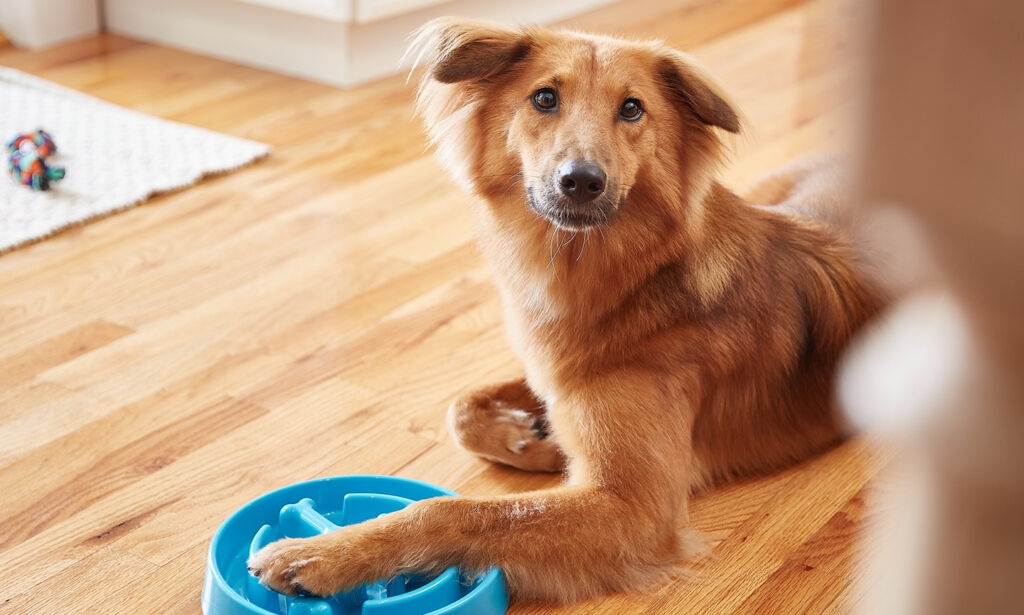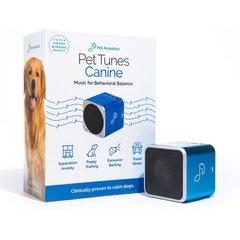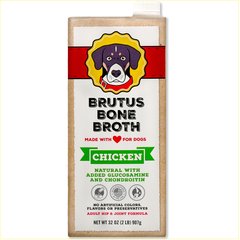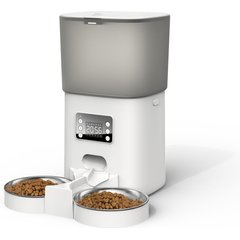Why Is My Dog Not Eating? How Do I Get Them To Eat?

Photo by Chewy
Does your dog take one look at their food, turn up their nose, and ignore it for the rest of the day? An indifferent attitude toward their food or a skipped meal altogether can cause any pet parent to worry—and it certainly raises the question, “Why is my dog not eating?”
We talked to veterinarians to learn more about why dogs might not eat their food, tips on how to get them to eat, and when to consult a vet.
Why Is My Dog Not Eating Their Food?
There are several possibilities as to why your canine companion has a lack of appetite (known as anorexia) or a decrease in appetite (hyporexia).
Food Preferences
If you’ve noticed your dog hasn’t taken a liking to their food lately, it could be because they simply don’t like the taste or texture of it, says Bethany Hsia, DVM, mobile veterinarian and co-founder of CodaPet, in Clovis, California.
What’s more, indulging in one too many treats or human food throughout the day can cause some dogs to become finicky. (A dog’s diet should consist of 90% regular dog food and only 10% treats.)
As a result, they might find their regular meals less appealing, says Sarah Cortright, DVM, chief medical director at Underdog Community Project, in Los Angeles, California.
Not Feeling Well
When we’re under the weather, it can feel like a chore to sip soup or even drink water. The same can apply to our furry friends.
Examples of issues that can cause a decrease in a dog’s appetite or discomfort while eating include gastrointestinal issues, such as an upset stomach or acid reflux, food sensitivities, and dental problems.
A few medical-related causes that might result in a dog eating less or refusing food include:
- Gastrointestinal disease
- Foreign object obstruction
- A systemic illness (kidney failure, or liver disease such as hepatitis)
- Arthritis or hip dysplasia
- Medications
- Tumors or cancer
If a dog consistently refuses food or is displaying other concerning symptoms, visit your vet to rule out any medical issues and get them back to eating normally.
Stress or Anxiety
A trigger or change in your dog’s environment or routine can impact their emotional well-being and subsequently affect their appetite.
Behavior-related causes that can be associated with a reduction in appetite can include:
Depending on your pup’s personality, it can take them extra time (and love!) to adapt to certain changes—such as moving into a new home, boarding, or traveling—and eat as they usually do.
Distractions in Feeding Environment
Some dogs cherish their peace and quiet more than others, especially when they’re trying to eat.
“Distractions, like a busy household or other pets nearby, can make it difficult for a dog to focus on eating,” Dr. Cortright says.
Saving It for Later
Another reason why your pooch might not be eating their food is because they’re saving it for later, like when they bury bones.
Wild canines buried or stashed their food to protect it from scavengers or save it for when they were hungry. Domestic dogs instinctively do this for several reasons, from being uncertain about when their next meal is to having too much food available at once, Dr. Cortright says.
“Anxiety or stress can also play a role—some dogs may feel uneasy eating in a particular environment and choose to ‘store’ their food instead,” she adds. “In multi-pet households, dogs might hide food to prevent other animals from getting it.”
My Dog Won’t Eat—What Do I Do?
Dr. Hsia and Dr. Cortright share these tips on how to get a dog to eat:
- Minimize distractions. Make sure the feeding area is calm and free from distractions to help create an ideal atmosphere for mealtime, Dr. Hsia says. If the environment is too noisy for your furry friend to eat, consider adding a noise machine or playing dog-specific music with the Pet Acoustics calming music dog speaker.
- Offer fresh, high-quality dog food. The best dog food is not just balanced and complete but also aligns with your dog’s taste preferences. For example, Dr. Hsia specifically mixes wet food with dry kibble for her dogs.
- Incorporate a dog food topper. Adding toppers, such as bone broth, low-sodium chicken broth, or a small amount of wet food, can make meals more enticing, Dr. Cortright says. Be cautious with toppers, though, as some pups might start refusing plain kibble once they become accustomed to added flavors.
- Establish a consistent feeding schedule. Dogs thrive on routine and predictability. A feeding schedule gives them an idea of when they can typically expect to eat. How often and how much you feed your dog will depend on their age, size, activity level, and individual needs. An automatic feeder, like the Bueteka automatic food dispenser, can help you feed your BFF on time every time.
- Avoid offering table scraps or dog-friendly human foods. This can lead to selective eating habits.
- Switch back to a dog food they like. If you’ve recently switched your dog’s food and notice that they don’t seem to like their new food, it’s best to transition back to their previous food, Dr. Cortright says.
- Keep mealtime positive. Trying to get a dog to eat can be stressful for both you and your furry pal. Keep mealtime as encouraging and comfortable as possible. Positive reinforcement techniques, such as praise or playtime, can make a world of difference and encourage them to eat.
Recommended Products
If you notice no changes in your dog’s appetite, Dr. Cortright recommends consulting a vet to rule out any underlying health concerns.
When Should I Call My Vet About My Dog Not Eating?
Contact a vet as soon as possible if your dog is still refusing food after 24 hours of not eating and is showing any of the following signs:
A dog not eating can also be considered an emergency if they have certain health conditions (for example, diabetes or cancer) or if they’re a puppy. It’s always best to reach out to a vet if you have any questions regarding your dog’s lack of or decrease in appetite.
FAQs About Dogs Not Eating
Q: How long can a dog go without eating?
A: A dog can go three to five days without food if they’re drinking water, Dr. Hsia says. They can go up to three days without both food and water.
Q: How long should you wait if a dog stops eating?
A: Generally, if your dog hasn’t eaten for 24 hours, it’s best to call your vet sooner rather than later. For puppies or dogs with medical conditions, call your vet promptly if you notice that they’ve stopped eating.
Q: Why is my dog not eating but acting normal?
A: Dogs can experience temporary fluctuations in appetite without any underlying health issues, Dr. Hsia says. Some might also go through phases where they’re less interested in food due to boredom with their diet or simply because they’re not hungry at that moment, she adds.
Q: Why is my dog hiding food and not eating?
A: Hiding food can stem from instinctual behaviors inherited from dogs’ wild ancestors, who buried excess food to protect it from scavengers and ensure future meals during times of scarcity, Dr. Hsia says. They might also engage in this behavior if they feel insecure about their access to resources.
This content was medically reviewed by Teresa Manucy, DVM, Chewy veterinarian.







